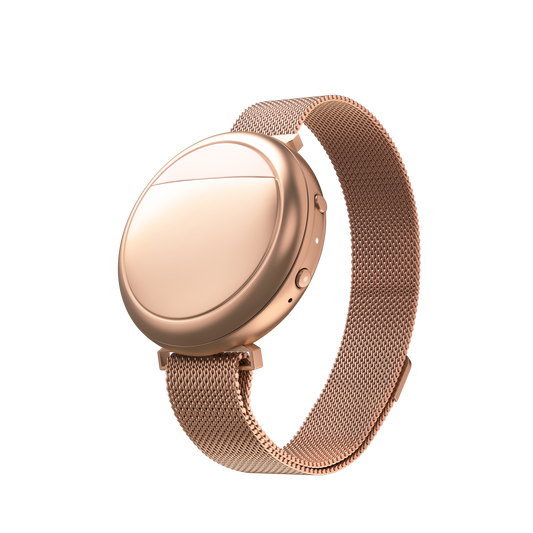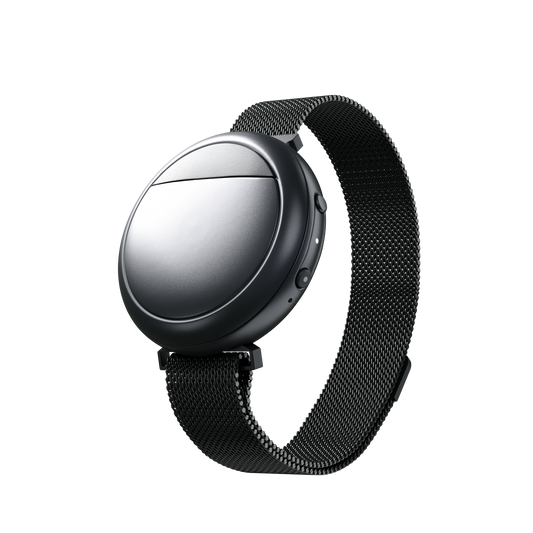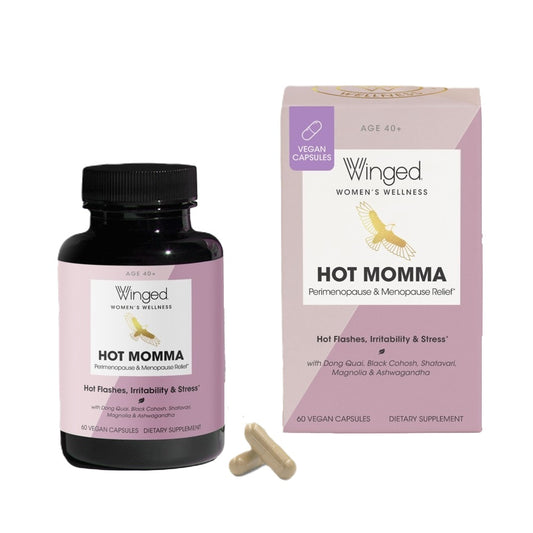-
Vendor:HUM Nutrition
Fan Club Menopause Supplement, 30 Capsules
Regular price $40Regular priceUnit price per -
Vendor:Winged Wellness
Hot Momma Menopause Support Supplement, 60 Capsules
Regular price $22Regular priceUnit price per -
 Vendor:Embr Labs
Vendor:Embr LabsEmbr Wave Smart Cooling and Warming Wristband - Personalized Thermal Relief - Rose Gold, 1 Unit
Regular price $299Regular priceUnit price per -
 Vendor:Embr Labs
Vendor:Embr LabsEmbr Wave Smart Cooling and Warming Wristband - Personalized Thermal Relief - Black, 1 Unit
Regular price $299Regular priceUnit price per

Q&A with Dr. Liss
What are hot flashes and why do they happen?
Learn
We get it. The heat is real.
We’re breaking down why hot flashes and night sweats happen and how to help cool things down.

Q&A with Dr. Liss, OB-GYN
How can I manage or relieve hot flashes and night sweats?
What causes hot flashes during menopause?
How long do hot flashes last after menopause?
Can you still have hot flashes after menopause?
What does a hot flash feel like?
Can certain foods trigger hot flashes?
Are there FDA-approved treatments for hot flashes?
Can hot flashes affect my quality of life?
How can I improve my sleep if I have menopause night sweats?
Are there any natural remedies for hot flashes?
Are hot flashes only related to menopause?
Can selective serotonin reuptake inhibitors (SSRIs) help treat hot flashes?
How do hot flashes relate to breast cancer survivors?
Can stress management techniques help alleviate hot flashes?
What lifestyle changes can help with hot flashes?
Are there any alternative therapies for hot flashes?



















